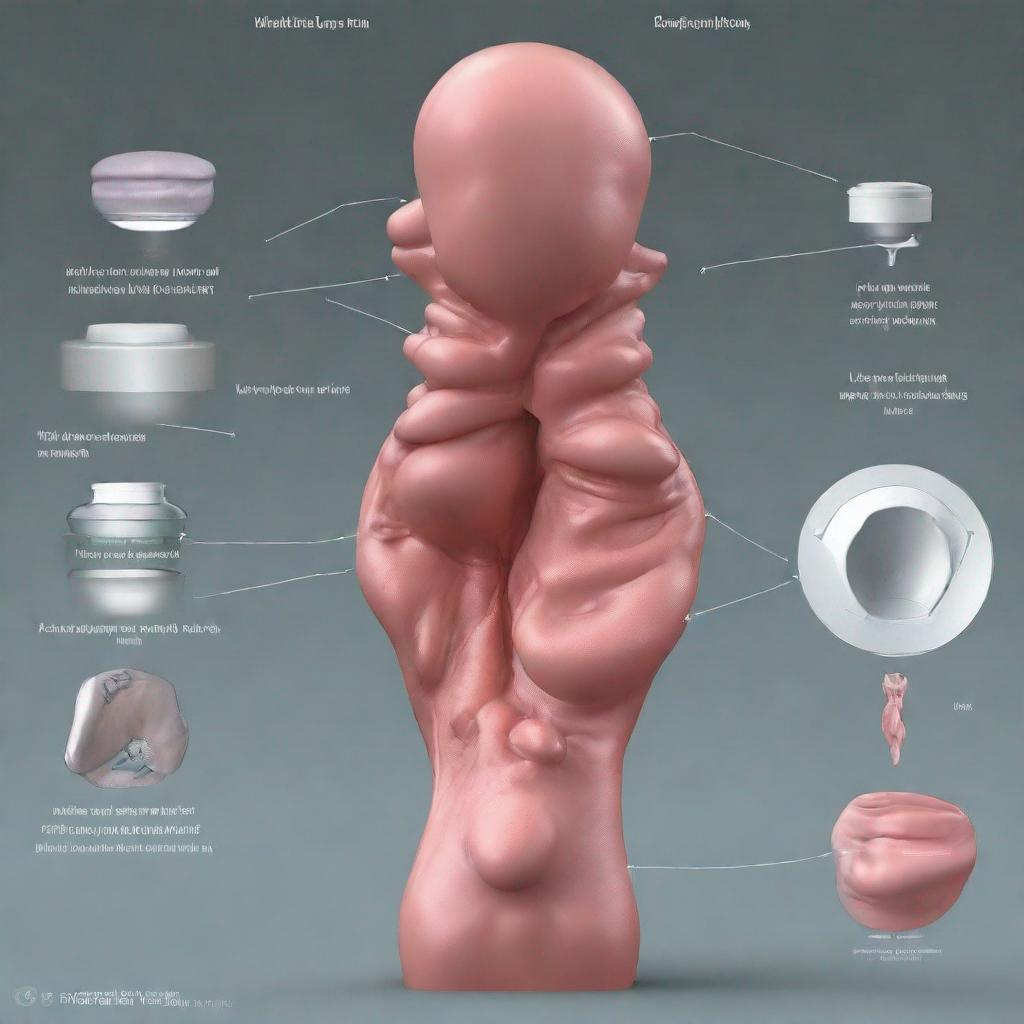**
Understanding the ALLERGY 3 Test: A Comprehensive Guide for Patients
**
**
Introduction
**
Allergies affect millions of people worldwide, causing a range of uncomfortable and even life-threatening reactions. The ALLERGY 3 test, also known as Allergen Screening, Immunoglobulin E (IgE) Test, or IgE Mediated Allergies, is an invaluable tool in diagnosing and managing allergies effectively.
**
Test Overview
**
The ALLERGY 3 test is a blood test that measures the levels of specific immunoglobulin E (IgE) antibodies in the bloodstream. IgE antibodies bind to allergens, foreign substances like pollen or food particles, which can trigger allergic reactions in certain individuals. By detecting the presence of IgE antibodies, the test helps healthcare providers identify the allergens responsible for allergic reactions.
**
Conditions and Diseases Detected
**
The ALLERGY 3 test is commonly used to detect allergies associated with:
- Allergic Rhinitis (hay fever): Sneezing, runny nose, itchy eyes
- Allergic Conjunctivitis (pink eye): Itchy, watery eyes
- Allergic Asthma: Wheezing, shortness of breath
- Atopic Dermatitis (Eczema): Itchy, red, and inflamed skin
- Food Allergies: Hives, swelling, nausea, and vomiting
- Drug Allergies: Anaphylaxis, a potentially life-threatening allergic reaction
**
Preparation Guidelines
**
Before undergoing the ALLERGY 3 test, it’s important to follow specific preparation guidelines:
- Fasting: Fasting is **not** required for this test.
- Medications: Inform your healthcare provider about any medications you’re taking, as some may need to be temporarily stopped before the test.
**
Procedure
**
The ALLERGY 3 test involves a simple blood draw from a vein in your arm. The procedure is generally safe and painless, and takes only a few minutes.
**
Duration and Waiting Time
**
The test itself takes only a few minutes, but it may take a few days to receive your results. Your healthcare provider will discuss the results with you and explain what they mean for your health.
**
Additional Tests
**
In some cases, additional tests may be recommended to complement the ALLERGY 3 test, such as:
- Skin prick test: Involves placing small amounts of allergens on the skin to observe allergic reactions.
- Blood test for other allergy markers, such as tryptase or histamine.
**
Conclusion
**
The ALLERGY 3 test is a highly valuable tool for identifying specific allergens that trigger allergic reactions. Understanding your allergies is crucial for managing symptoms, preventing future reactions, and improving overall health. If you suspect you have allergies, talk to your healthcare provider about whether the ALLERGY 3 test is right for you. By gaining a comprehensive understanding of your allergy triggers, you can take proactive steps towards a healthier and more comfortable life.


